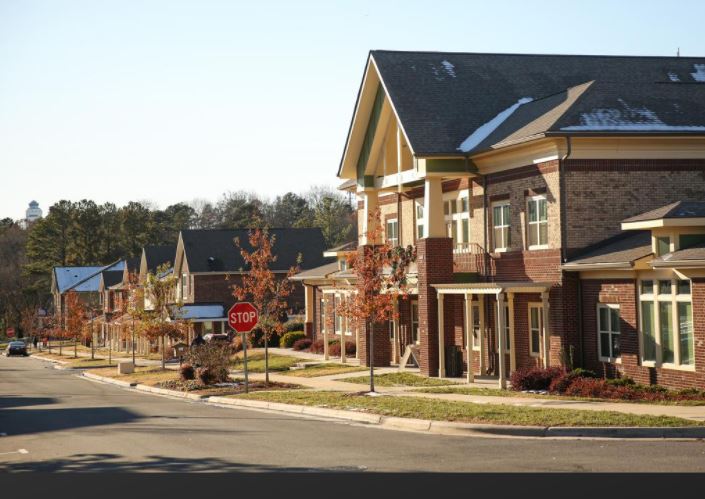As part of the national conversation around police brutality and systemic racism, a spotlight has been put once again on the persistent lack of diversity in commercial real estate. Headlines from national real estate publications in recent weeks and months are dissecting the issue. Cursory glances at leadership teams at major commercial real estate firms in Charlotte and elsewhere — development, brokerage, investment, architecture, to name a few sectors — show few women and even fewer people of color.
A dated, but comprehensive, study from 2013 that looked at diversity in commercial real estate found the number of women and minorities in the industry remained relatively small compared to the available pool of workers. White men in commercial real estate held 77.6% of executive roles, 68.9% of managerial positions, 58.5% of professional jobs and 59.7% of all technical jobs.
Additionally, the report found, Black women had the least chance of advancement of all groups analyzed — less than 1 in 12.
Meanwhile, the $9.6 trillion global commercial real estate industry wields immense power, with the ability to change skylines and entire communities. Owning real estate, whether residential or commercial, is widely viewed as one of the most impactful ways to achieve upward mobility for an individual or a household. Commercial real estate is, notoriously, a relationship business, with deals sometimes negotiated over cocktails and on the golf course — before the Covid-19 pandemic, at least. Success can largely hinge on who you know.
Despite the positives that have come alongside Charlotte’s big ambitions and fast growth, development has also exacerbated long-standing inequities, contributing to wider disparities, displacement and an affordability crisis. The Charlotte Business Journal spoke with four Black commercial real estate business owners — their individual paths as executives as well as the industry’s lack of diversity and what tangible steps can be taken to address the issue. Here are their stories.
‘Intentionality doesn’t have to happen, and that’s why it hasn’t happened’
With an MBA from Harvard University and a financial services background, Dionne Nelson’s resume didn’t look like that of a typical commercial real estate developer when she applied for a job at Crosland in 2007.
But she was ultimately hired and quickly rose to become a senior vice president at the firm.
“If Crosland was only open to hiring me because of X years of experience, I would have never gotten that job,” Nelson said. “Instead, it was skill set and capability as opposed to a prior demonstrated track record.”
Today, Nelson is president and CEO of Laurel Street Residential, a real estate firm focused on mixed-income housing founded in 2011 after Crosland exited the development business. The company had a substantial affordable housing pipeline, which Nelson acquired when she started Laurel Street.
Laurel Street is now one of the most well-known for-profit affordable-housing developers in Charlotte and the Southeast.
But Nelson remains one of only a handful of Black women business owners in commercial real estate and development. Like any other sector or industry, she said decision-makers in development and commercial real estate tend to hire people they are drawn to — that, typically, is someone with a similar background and who looks like them.
As a real estate developer and CEO, Nelson said she’s made it a point to interview and hire diverse candidates, even in a field that’s seen as lacking in women and people of color. In fact, Nelson said, she’s been asked how she’s been able to achieve so much diversity in hiring at Laurel Street. It’s largely because she’s diverse, she said — her network is different from a typical real estate professional’s network.
But if there’s going to be more people of color — especially Black men and women — in commercial real estate, it needs to be acknowledged that the natural order of the industry does not support diversity if existing leadership is not diverse, Nelson said.
And if leaders do not consciously challenge how they hire, mentor and sponsor professionals of color, and are intentional in those decisions, nothing will change. “The industry is operating successfully without addressing this issue,” Nelson said. “That intentionality doesn’t have to happen, and that’s why it hasn’t happened.”
Diversity is important in development in particular because the industry has disproportionate influence and power in a city’s built environment. Developers are facilitators in how neighborhoods are shaped, what gets built where and play a major role in the long-term implications — positive and negative — of growth and change.
“We drive by a parcel of land, we decide what it might become, we bring that to the market as a proposal and the market dynamics will shape that proposal,” Nelson said.

